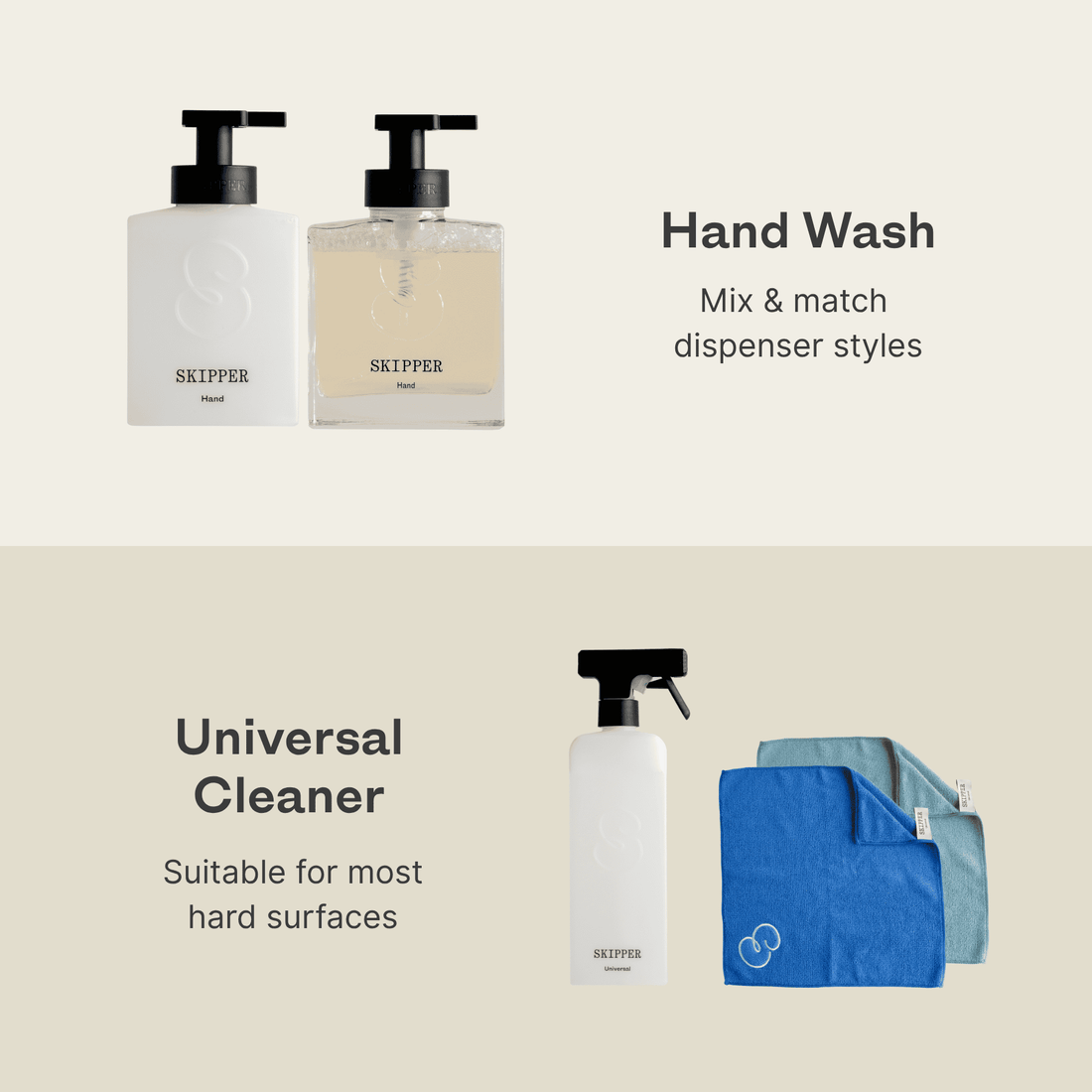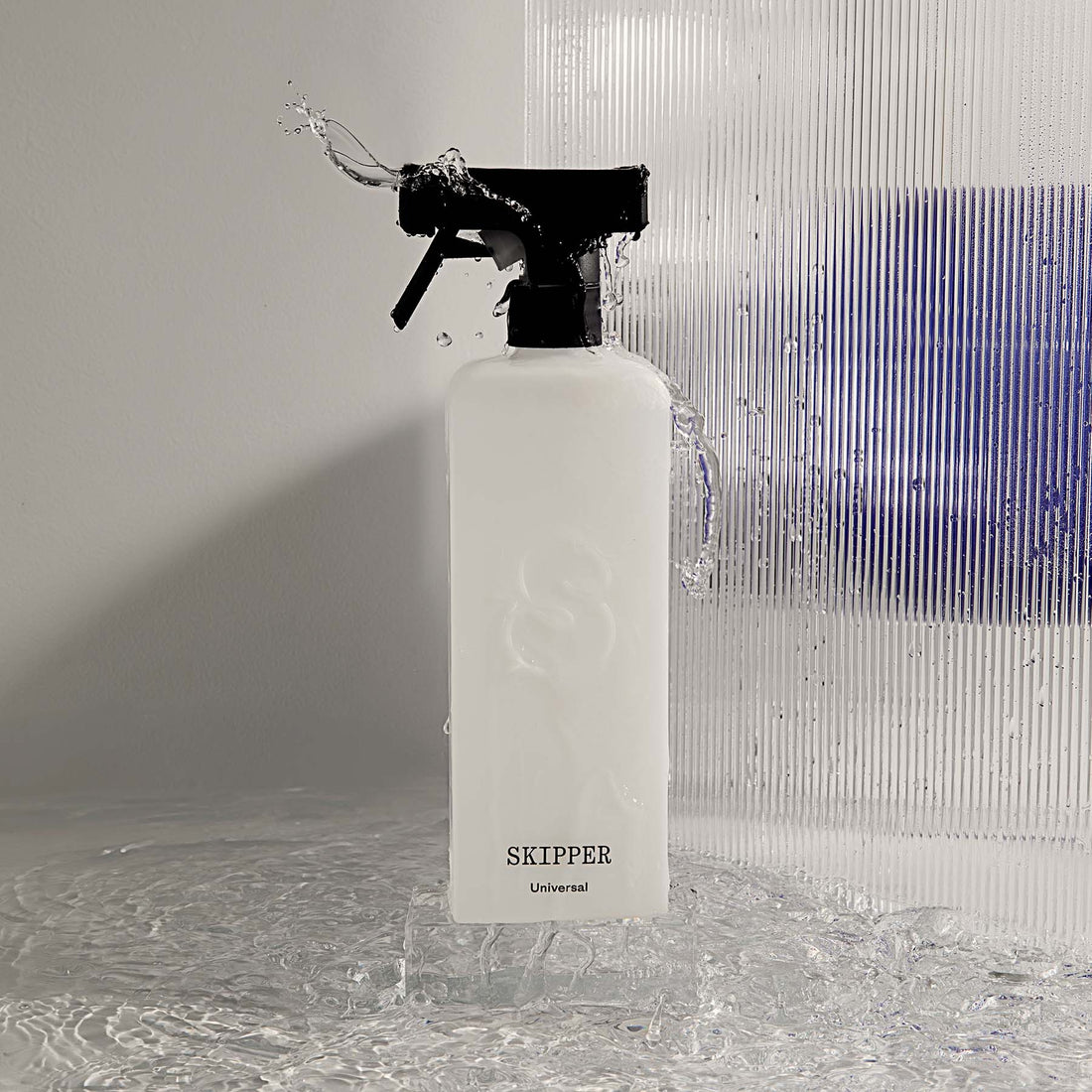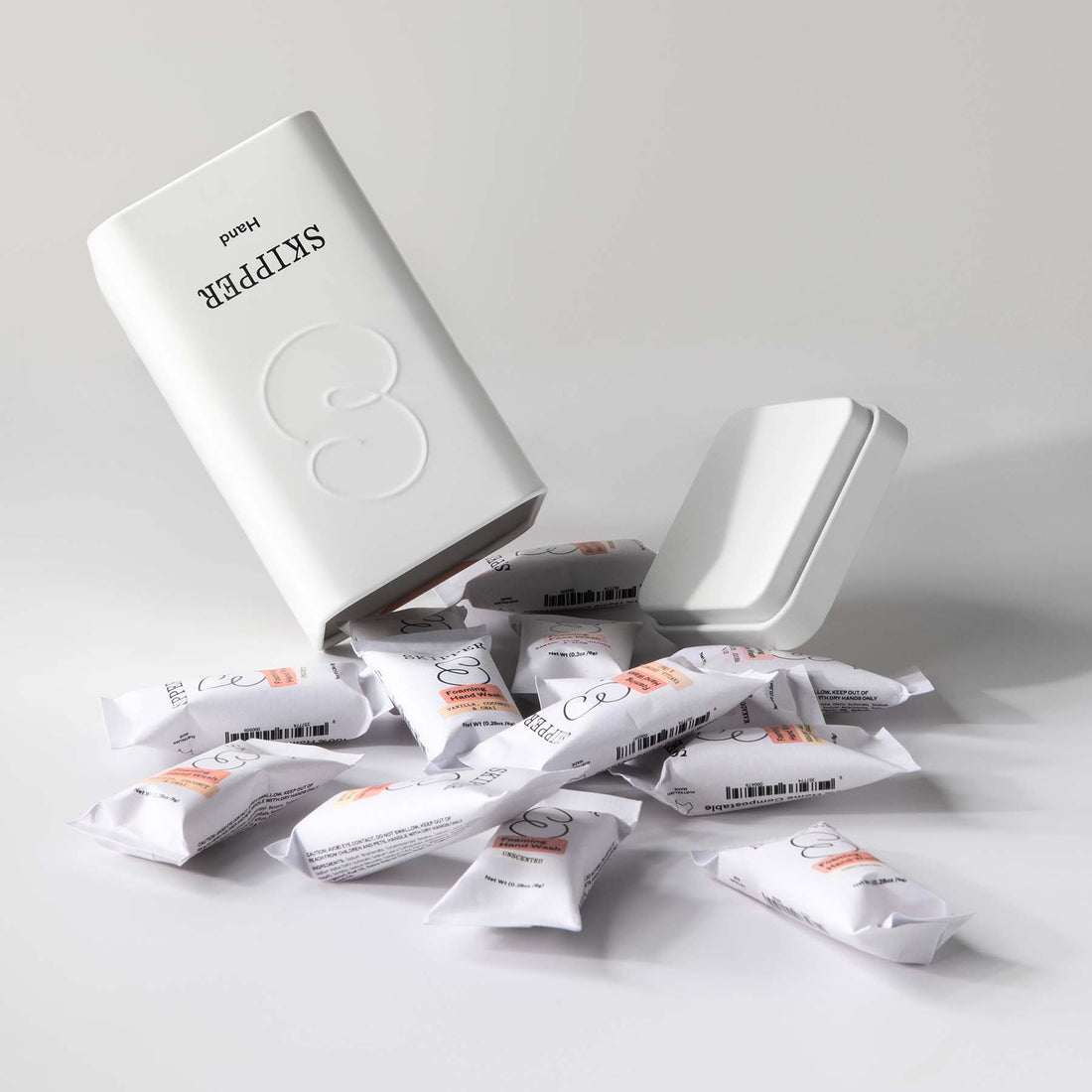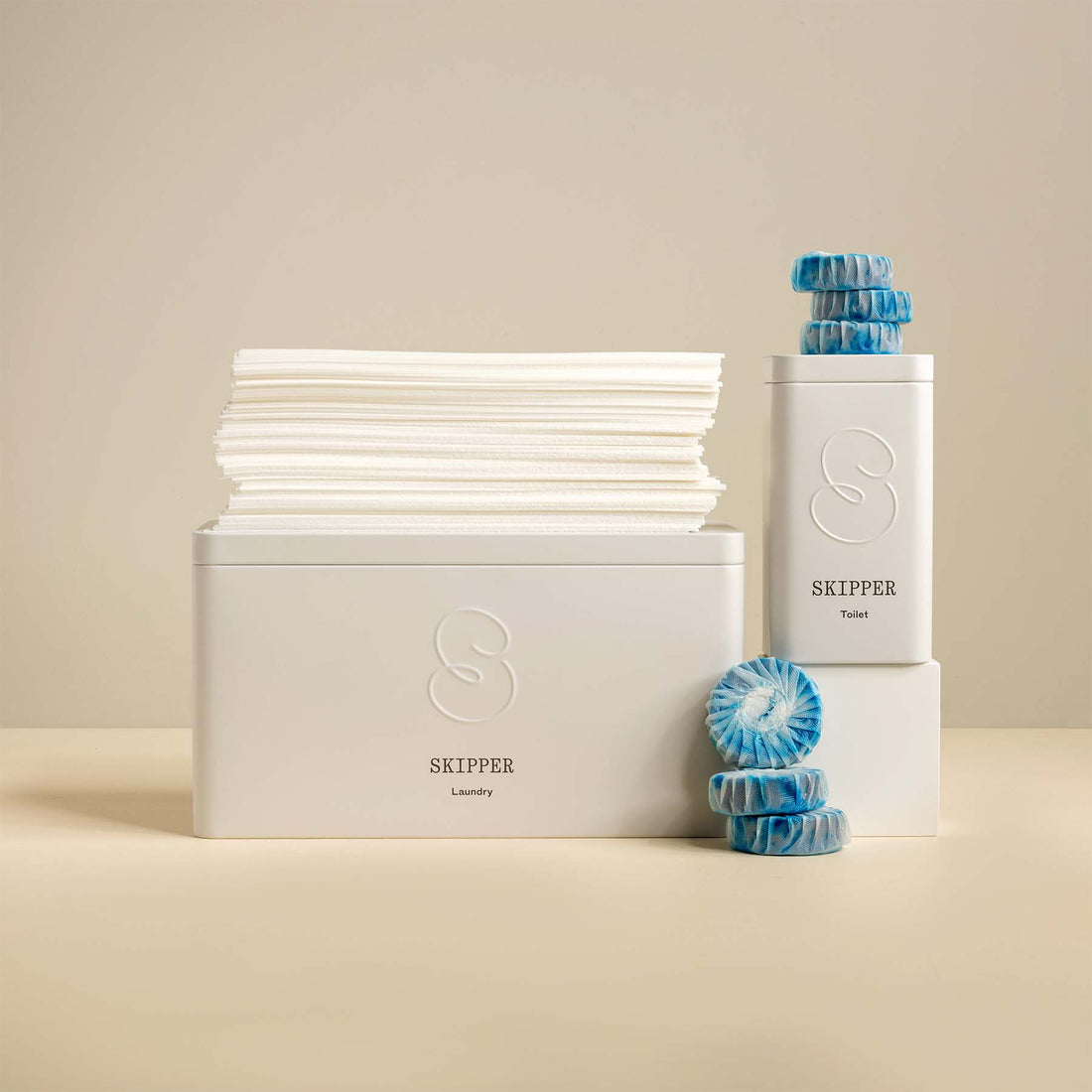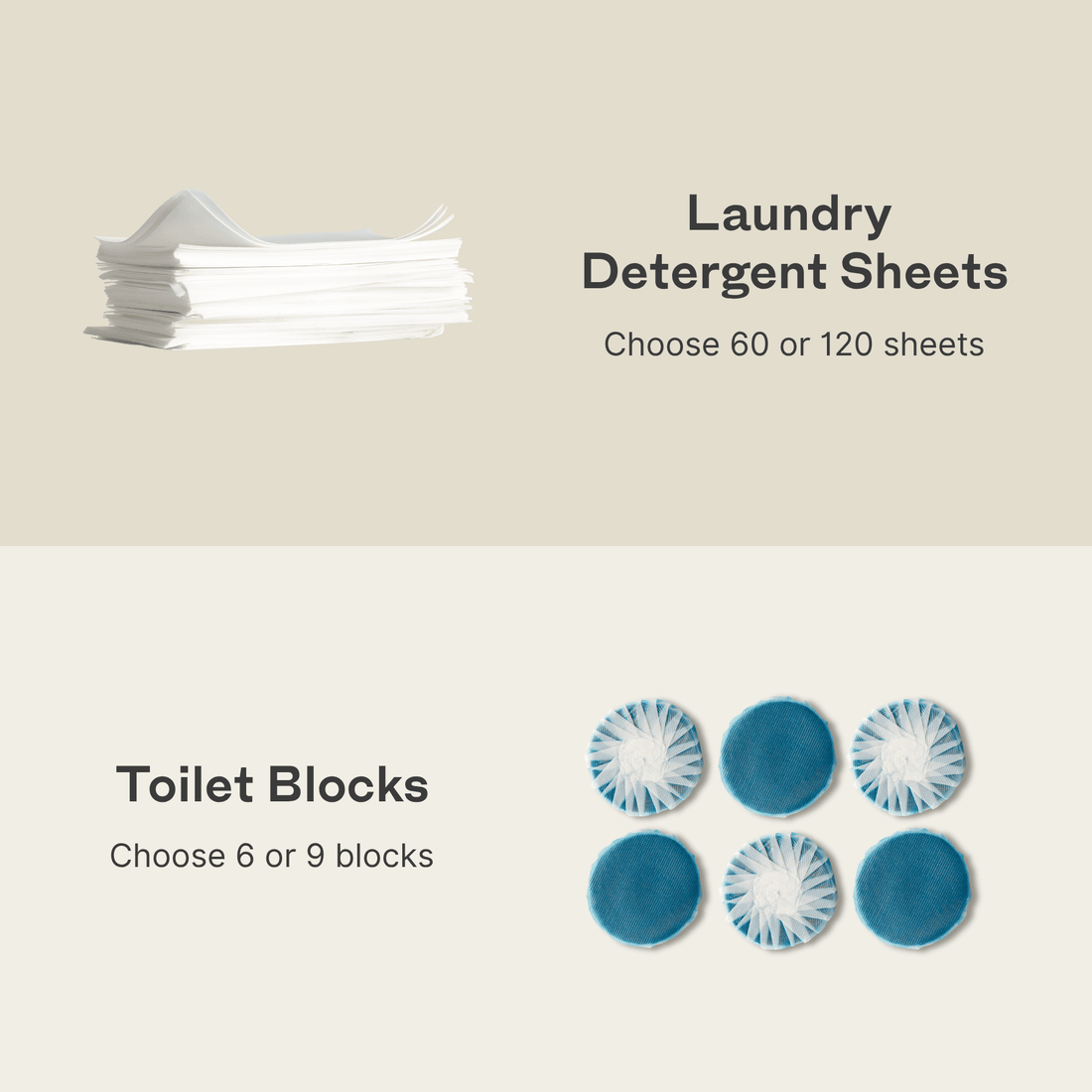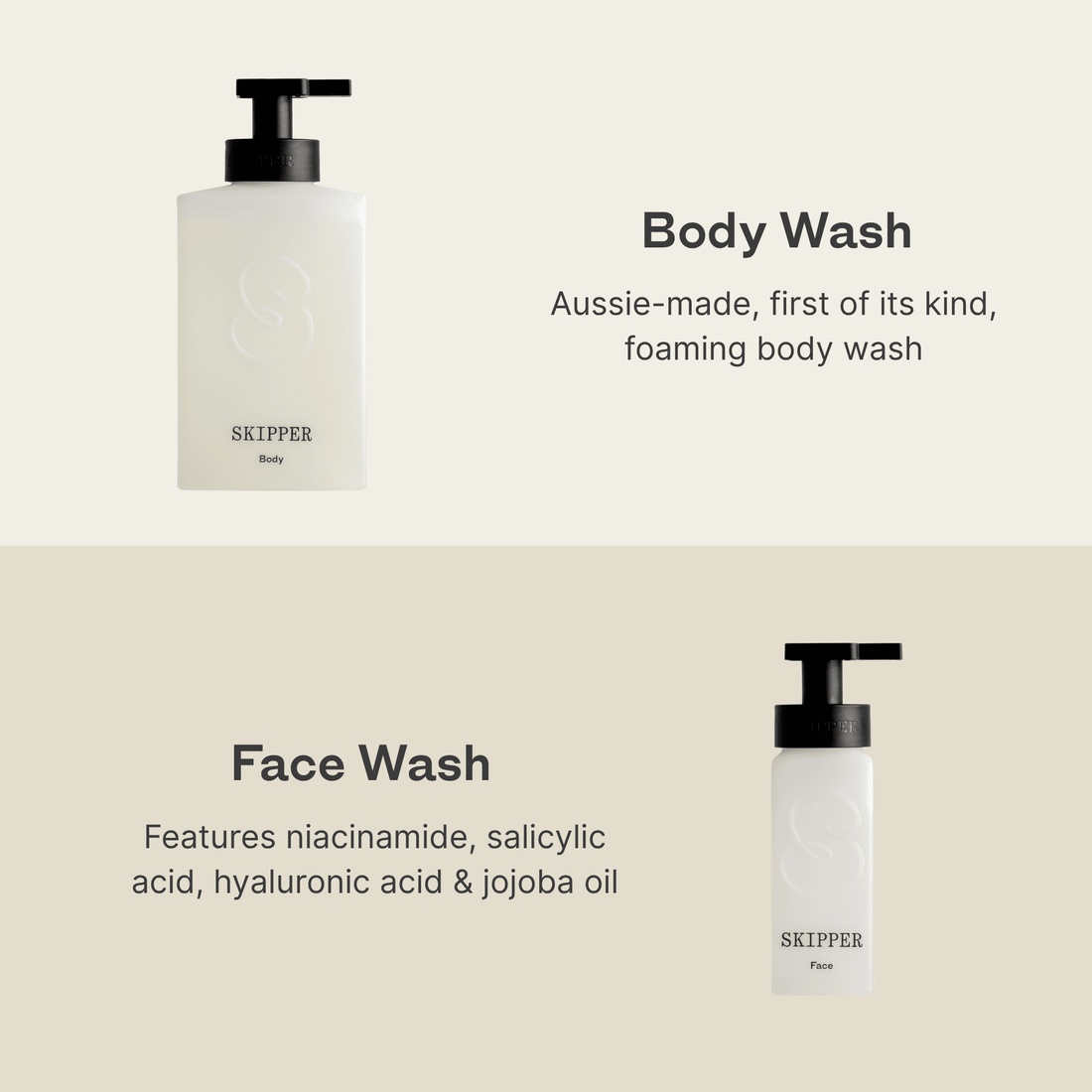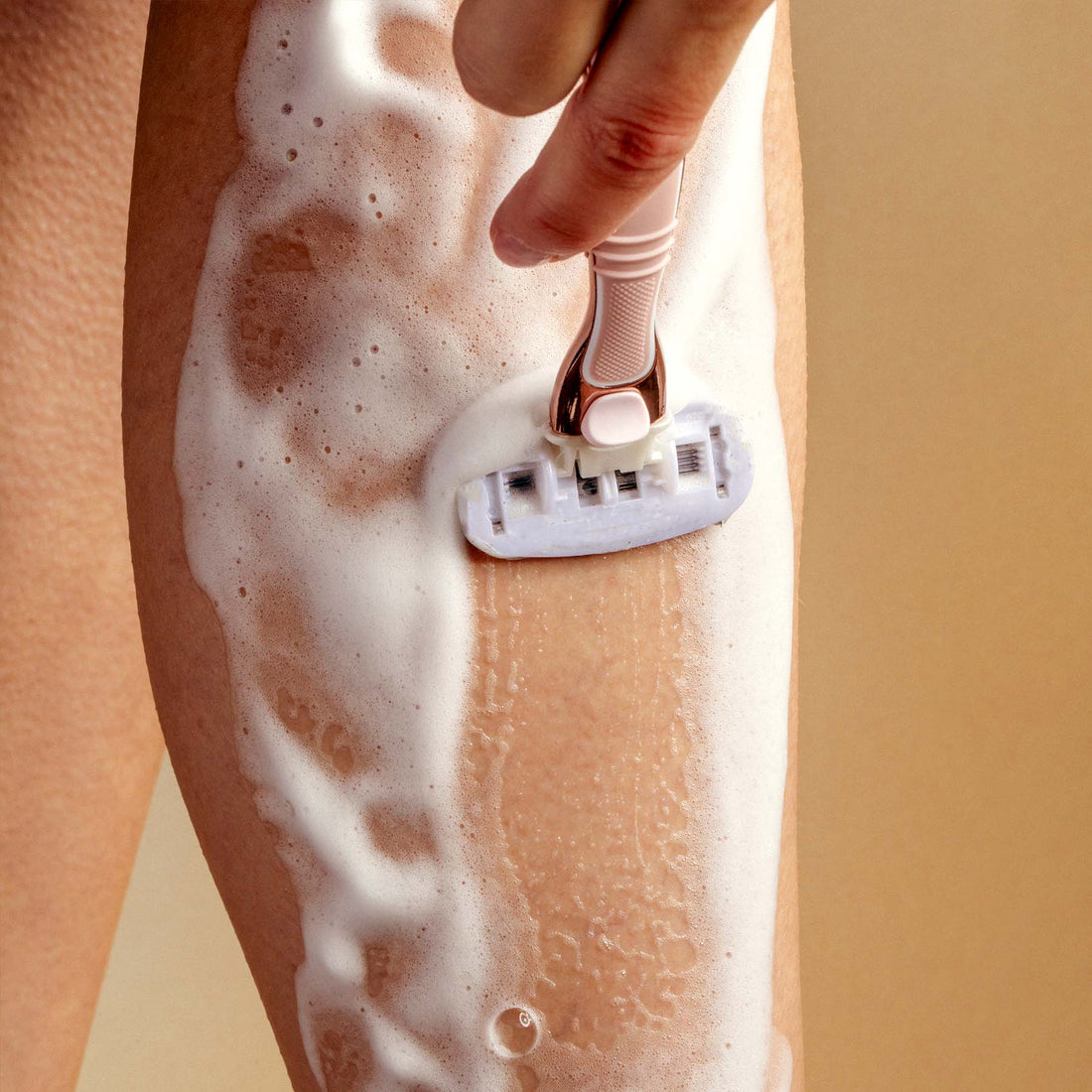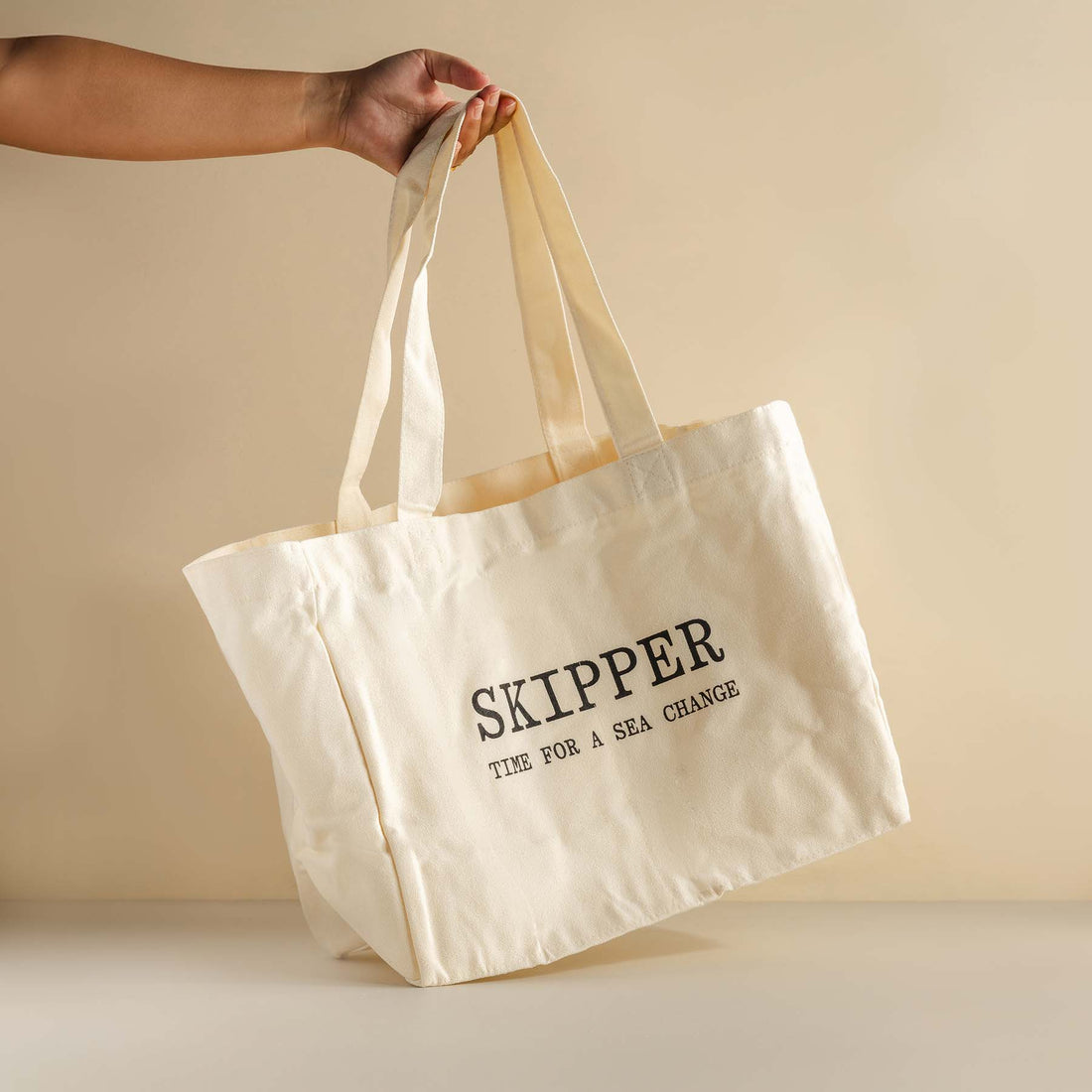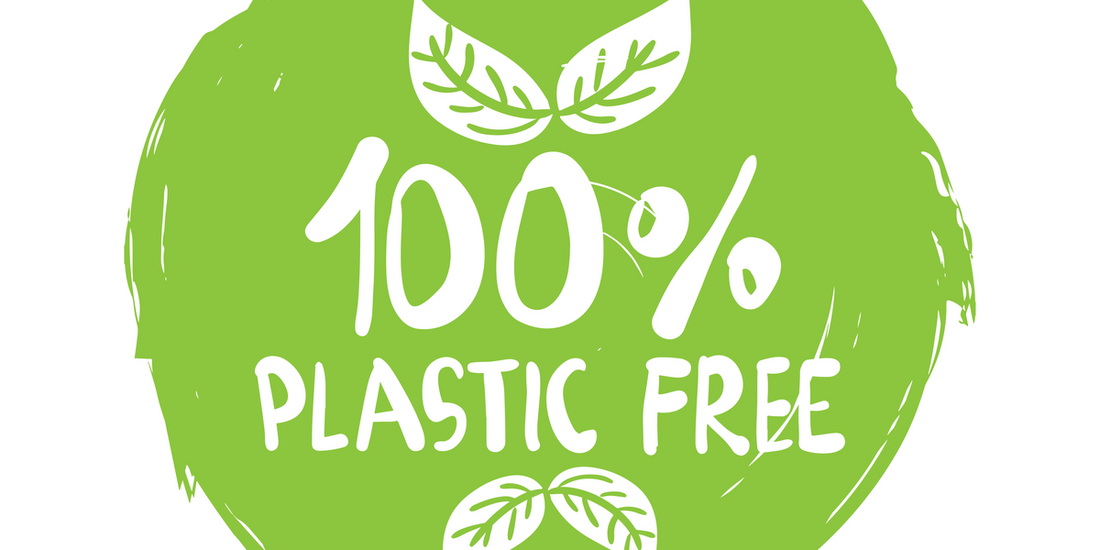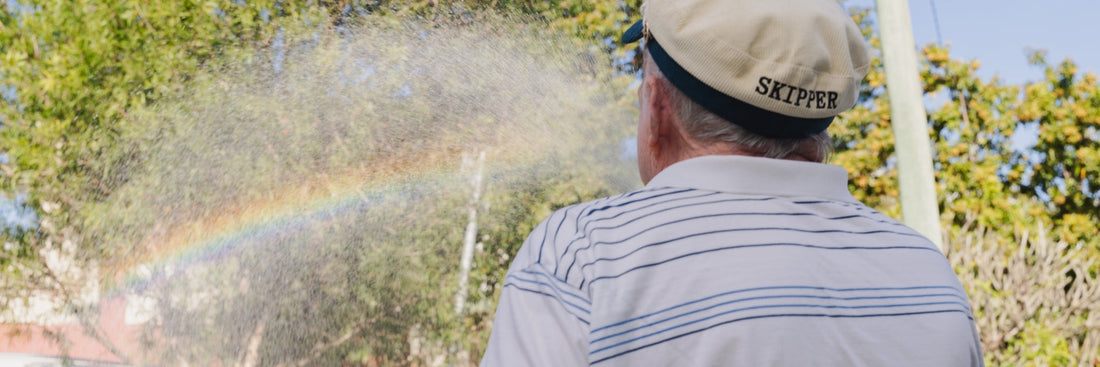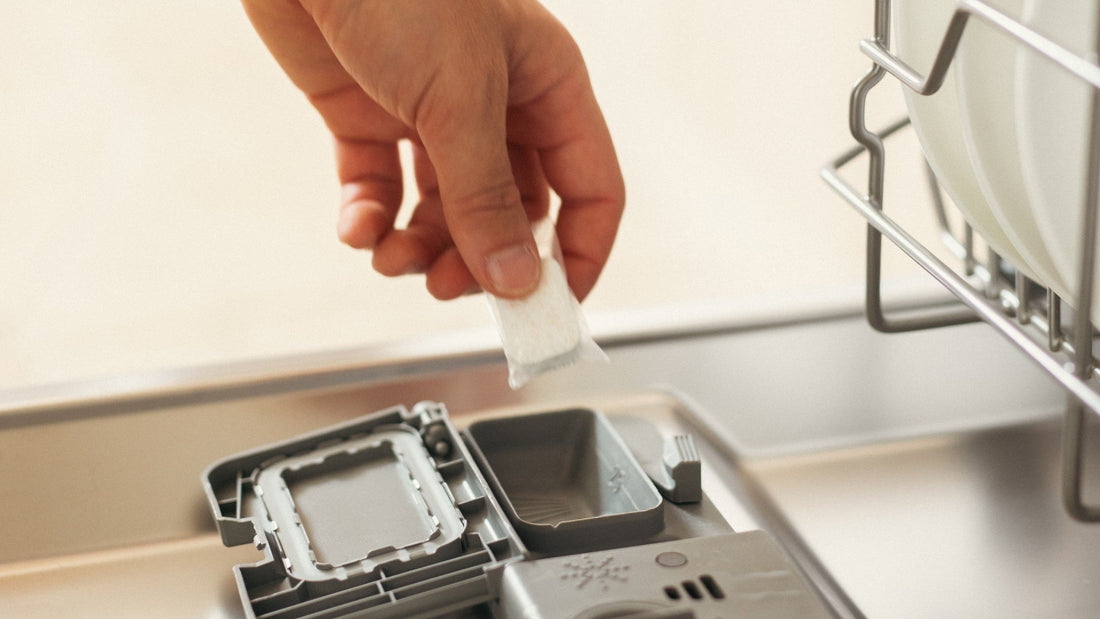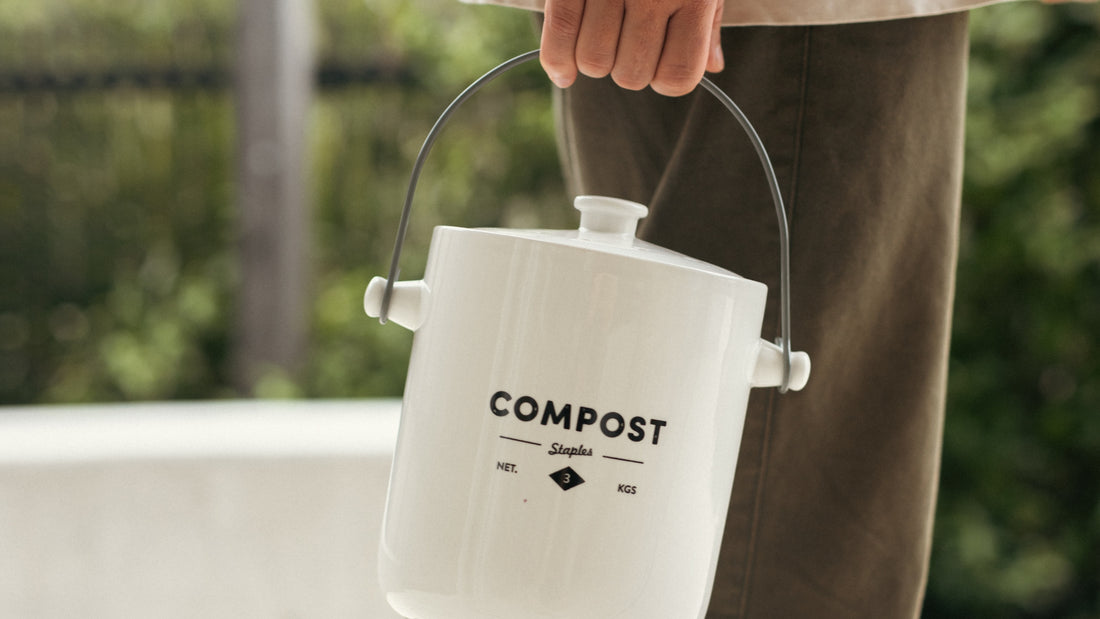Plastic is one of the most commonly used products in our society, yet it’s also one of the most detrimental to our environment. If you’re looking to reduce your plastic footprint, there are many ways to begin your journey towards living without plastic. The following ten tips will help you reduce your plastic use, not only when it comes to packaging, but in other aspects of life as well.
Reusable Bags
Plastic grocery bags are largely a thing of the past, as supermarkets become more eco-friendly and look to reduce their carbon footprint. As an alternative, most places offer cloth bags for a few dollars extra, which can then be stored in your car and used multiple times. Reusable grocery bags are also an option that’s offered for about 10 cents extra. If you don’t want to spend the extra money, there’s always the option of leaving your groceries in the trolley and transporting them to your car that way. The benefit of reusable cloth bags is that they can be used for groceries, to carry your laptop in, or as an overnight bag on trips. Bags made from hemp or organic cotton also have natural antibacterial properties that make them healthier for you, too! Whichever method works best for you, eliminating plastic bags will reduce your overall plastic consumption and help save our environment!
Buy in Bulk
Buying items in bulk can not only save you money in the long run but can also be eco-friendly, as you’re not buying multiple items that are packaged in plastic. Buying in bulk can also cut down on your trips to the supermarket, which reduces carbon emissions. Many bulk items come packaged in cardboard or paper, which can be recycled or used for composting. However, be mindful of what you bulk buy as some items, like toilet paper or dog food, last for several months, while others might only last for a few weeks and end up getting tossed out before they can be used, resulting in more plastic waste.
When choosing your dog food, you could look into more sustainable, plastic-negative brands, like Lyka. They’ve just launched their new bioplastic packaging, made from sugarcane. Although it’s soft LDPE plastic, it’s completely carbon negative, renewable and recyclable.
Shop at Farmers’ Markets
Instead of shopping at grocery stores, find a farmers’ market in your area and start buying fresh fruits and vegetables. When you buy food directly from a farmer, you are cutting out all of the plastic wrappers and bags that come with supermarket produce. Purchasing from a farmers’ market is not only good for the environment but also great for local farming communities. Don’t forget to ask how they would like their food to be prepared! Most organic farmers are happy to educate consumers about their products.
Buy Refillable Water Bottles
Plastic waste from single-use water bottles quickly adds up. Save money and avoid waste by investing in several BPA-free water bottles that you can reuse on a daily basis. These days, it’s easy to find reusable water bottles in various colours and sizes at just about any grocery store, so you can easily replace your old habit with a new, more sustainable one.
Carry a Reusable Straw and Coffee Cup
You can avoid using single-use plastic straws by carrying a reusable one with you. The same is true for coffee cups, invest in a reusable, eco-friendly coffee cup and you no longer have to spend money on cups of coffee every morning, or worry about the extra waste. These days, reusable coffee cups are sold everywhere and you can easily find one that suits your preferences (big or small, ceramic or aluminium, clear or patterned!).
Avoid Using Disposable Cutlery, Cups and Plates
Plastic items can take up to 1,000 years for them to completely break down, so buying items that you can use more than once is a great way of reducing your carbon footprint on Earth. Avoid throwaway plastic products, such as disposable plates, cutlery and cups. This reduces waste in our oceans and landfills and helps protect animals and plants from the dangerous chemicals found in plastic materials.
Food Storage
Although it may seem difficult at first, you’ll find that there are tons of alternative storage options for your food. For starters, shop in bulk to reduce any packaging waste. Instead of using plastic cling wrap, opt for wax paper or parchment paper to wrap or cover your food. Store all your dry goods in glass jars and use reusable containers to store your snacks and leftovers, as opposed to single-use plastic ones. This will make a huge difference to the plastic waste your household produces.
Reusable Razors
Using reusable razors instead of disposable ones is not only more environmentally friendly (millions of razors end up in landfills every year), but it also saves you money in the long run. Instead of throwing out your razor everytime it needs a new blade and investing in a new one, you can simply buy replacement blades that are recyclable and eco-friendly.Shampoo and Conditioner Bars
Ditch your plastic bottles of shampoo and conditioner for shampoo and conditioner bars! Although it may seem like an odd idea at first, shampoo and conditioner bars have many benefits; not only are you eliminating plastic waste by using them, but they’re also great for your hair as they’re made from organic products and don’t strip your hair of its natural oils.
At Skipper, we’re proud to announce that our soap tablet wrappers are plastic-free and TUV certified home compostable and one of the first of their kind. They are made from sustainably sourced kraft paper and a special type of polylactic acid (PLA), which has similar water-resistant properties to plastic but is made from friendlier materials like sugarcane and corn. Our soap wrappers will fully decompose within 12-24 months in a typical home composting environment and as quickly as 6 months under ideal conditions. Head to https://skipper.org/ to find out more about our products!













































